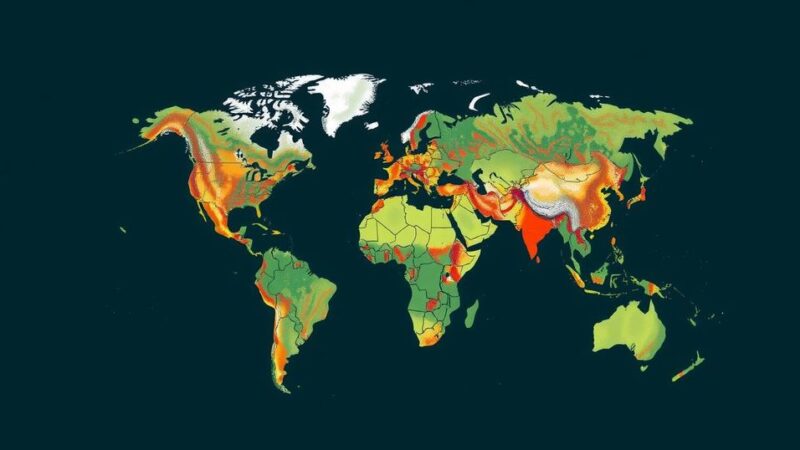Beekeeping is emerging as a vital alternative livelihood for communities in Kenya affected by climate change. With traditional farming becoming increasingly untenable due to extreme weather, conservation experts are promoting beekeeping to enhance resilience and provide sustainable income. This approach supports adaptation to climate change while preserving biodiversity.
The United Nations Environment Program highlights that communities residing in drylands are severely impacted by climate change, experiencing increased occurrences of droughts and floods that compromise traditional agricultural and livestock practices. In Kenya, conservation experts are advocating for beekeeping as a viable strategy to establish climate-resilient livelihoods. By adopting beekeeping, these communities can effectively manage the adverse effects of fluctuating weather conditions while ensuring sustainable income and food production. This innovative approach not only addresses climate change but also enhances biodiversity and promotes ecological balance within these regions.
Over the past few decades, climate change has emerged as a critical challenge to global sustainability. In Kenya, traditional livelihoods such as farming and ranching have been rendered almost untenable due to unpredictable weather patterns and extreme climate events. The U.N. Environment Program’s focus on dryland communities underscores the urgent need for adaptive strategies to support these populations. Beekeeping presents a unique solution that leverages the natural environment’s services, creating an opportunity for economic and ecological resilience amidst the growing threat of climate change.
In conclusion, as climate change continues to disrupt traditional lifestyles, adaptive strategies such as beekeeping are essential for communities in Kenya. This practice not only offers an alternative source of income but also reinforces environmental conservation efforts. By empowering these communities through sustainable beekeeping practices, we can foster resilience against climate change and promote ecological health at the same time.
Original Source: www.voanews.com




